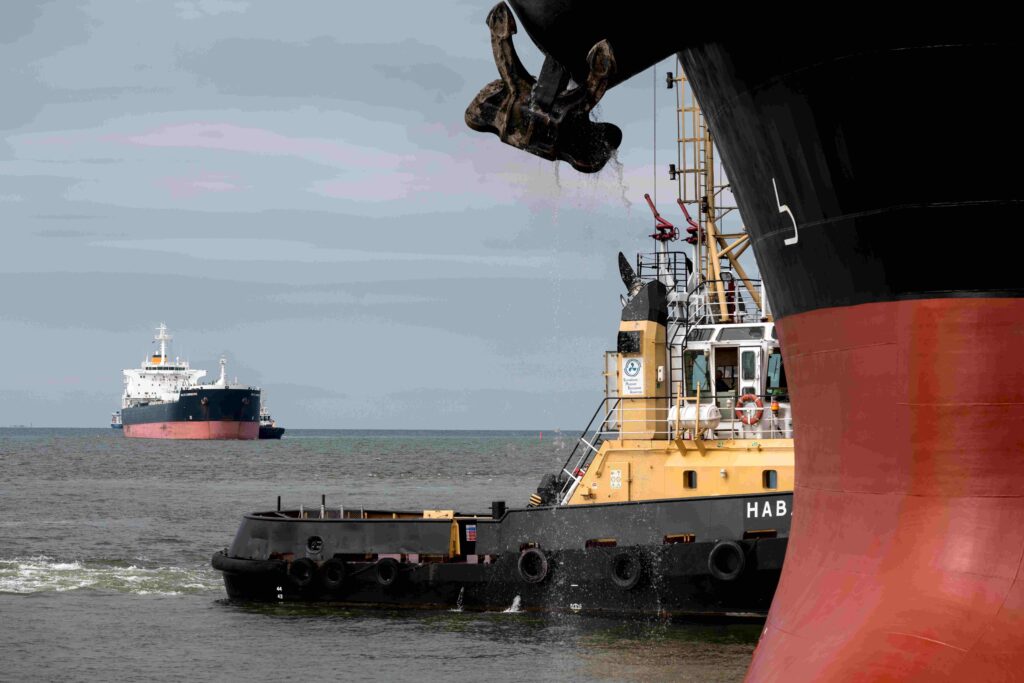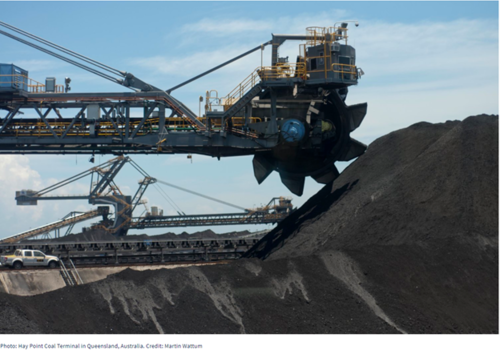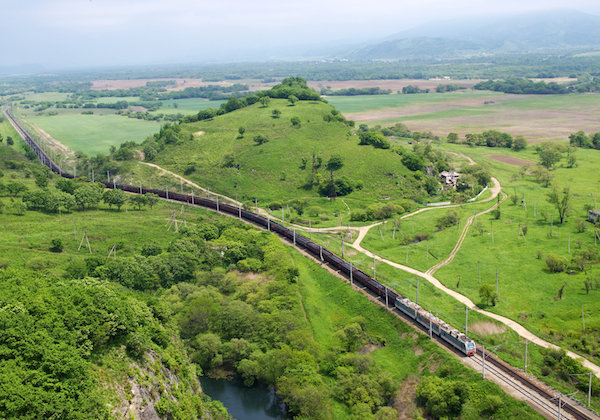
In 2023 – early 2024, Russian coal producers continue to face challenges and unfavorable factors, including: falling global prices, higher railway tariffs and transshipment rates in ports, as well as logistical issues, resulting from limited throughput capacity on the Russian Railways network and a longer transportation distance (expensive freight), when supplying coal to the Asia Pacific via terminals in the European part of Russia.
All this led to a drop in rail shipments for exports to Russian seaports and border crossings by 1.5 mio t or 8.6% in the first month of 2024.
Moreover, the data on total Russian exports, which increased by 2.3 mio t or 1.1% in 2023, shows that the main growth stemmed from the volumes of low-quality coal mined in Sakhalin and Yakutia, while shipments from Kuzbass, which exports high-quality coal to the global market, dropped significantly by 7.3 mio tons or 6.1%. In January 2024, coal exports from Kuzbass declined further, shrinking by 1.6 mio t or 15.5%.
For a number of suppliers, the current price level and overhead costs make coal exports unprofitable. In January 2024, the volume of rail transportation of coal to North-West terminals plunged by 26.3%. An even bigger drop was reported towards Taman port, totaling 42.6%.
Due to high transshipment rates, Russian mining companies did not apply for February to the OTECO terminal in Taman. Thus, exports of Russian coal through this port will not be performed until at least March.
A similar situation occurred at the Far East terminal VaninoTransUgol (VTU), where the company Russian Ugol appealed to the court after the port tripled the rates specified in the long-term contract. The deal was intended to supply coal for 5 years from the new Vinogradovsky open-pit mine (KTK), where production had to be more than halved due to losses.
Elga plans to sell the port of Vera in the Far East, instead of its initial plans to increase transshipment up to 20 mio t, confirming alarming trends and supporting the conclusions that current Russian ports throughput capacities largely exceed rail capacities and would become unnecessary in case of forced coal production cuts.
If the low world prices and the above unfavorable factors persist, Russian coal companies will be pushed to reduce production more and more, and in some cases to shut down mining sites and curtail projects at new deposits. This is particularly relevant for high-grade material from Kuzbass, where output fell by 4.2% last year. In January 2024, coal production kept declining, having dropped by 2.3%.
Source: CAA



